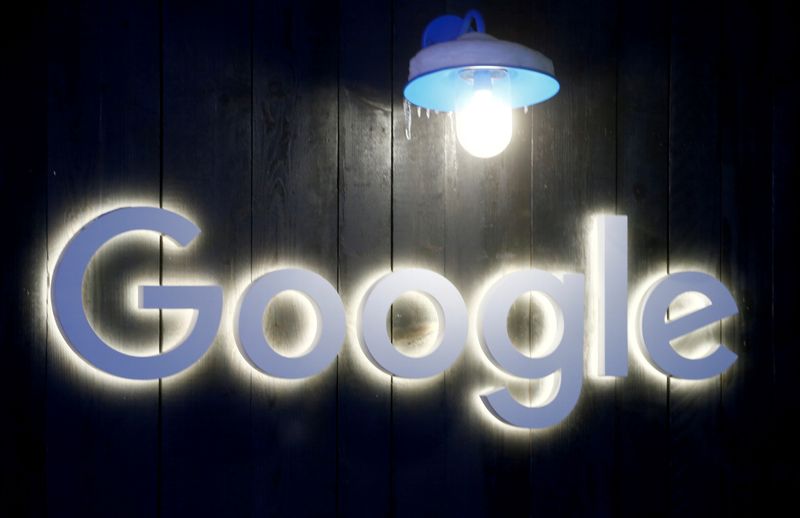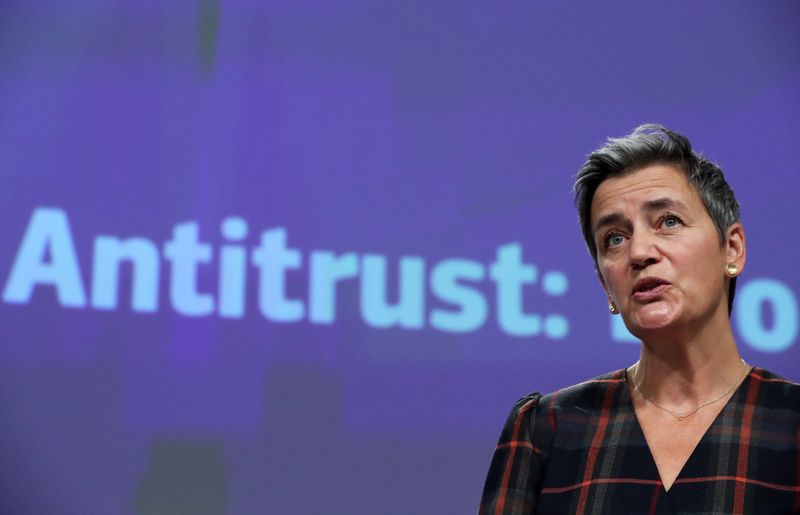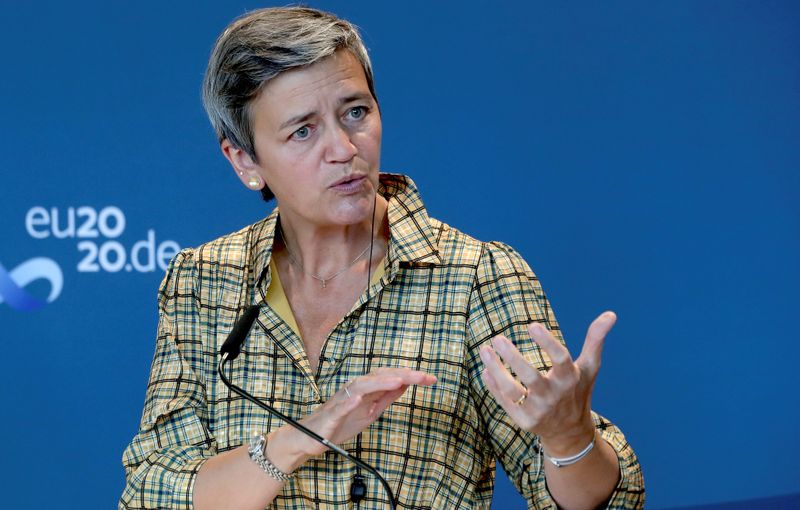BRUSSELS (Reuters) – U.S. search engine DuckDuckGo and four of its European peers on Tuesday asked EU antitrust chief Margrethe Vestager to arrange a meeting with Google to resolve concerns related to the Alphabet unit’s continued dominance on Android devices.
Google last year allowed rivals to compete to be the default search engines on new Android devices in Europe via quarterly auctions after Vestager slapped a 4.34 billion euro ($5.1 billion) fine on the company for blocking rivals on Android smartphones and notebooks.
Competitors however have criticised the auctions and in an open letter to Vestager, DuckDuckGo, France’s Qwant and Lilo, Germany’s Ecosia and Czech peer Seznam reiterated their grievances with Google’s auctions.
“We understand that Google regularly updates you regarding its pay-to-play auction, but it appears that you may not be receiving complete or accurate information,” they said.
“We are writing to request a trilateral meeting with your office, ourselves, and Google, with the goal of establishing an effective preference menu,” the letter added, referring to how Android users set their preferred search engine.
Microsoft’s Bing, Puerto Rico-based PrivacyWall and U.S.-based Info.com were the main winners of its recent quarterly auction, Google said in September. As in any auction the bidders offer payment for the access but how much they are paying has not been revealed.
Google has said the auctions aim to give all search providers an equal opportunity to bid and not to give certain rivals special treatment.
DuckDuckGo, which won September’s auction in eight countries, criticised the process at that time, saying it encouraged bidders to exploit users.
“Google’s auction further incentivizes search engines to be worse on privacy, to increase ads, and to not donate to good causes, because, if they do those things, then they could afford to bid higher,” DuckDuckGo said in a blog post.
(Reporting by Foo Yun Chee; Editing by David Holmes)

























